Technical colleges and universities allow high school students to take college courses.Here’s some help navigating the terminology and opportunities available for dual enrollment homeschoolers in South Carolina.

Dual Enrollment College Credits
You can earn High School Credit *and* College Credit at the same time. Colleges allow high schoolers (usually Juniors and Seniors) to take college courses while they’re still enrolled in High School. The course counts as three (3) credit hours on the college transcript and one (1) carnegie credit on the high school transcript.
Note that terminology can vary from one institution to another: Dual enrollment, dual credits, or sometimes early college. Be sure to explore the college you wish to attend for their specific terms and meanings.
- Dual Enrollment: means that that you’re taking classes in two (2) schools at the same time. I’ve seen the term used for public school students who take classes at two different high schools within their school district. Also refers to early admissions for high schoolers taking college level courses.
- Dual Credit: means that the course counts for credit toward graduation requirements at two (2) institutions. Some colleges differentiate the financial aid options depending whether the high school count the credits on the transcript or not. For example: Trident Tech
- Early College: Sometimes used for dual enrollment while in high school. For example: Greenville Tech. But, it can also be used for charter school program that offers dual credits for free. (Click here for a listing of early college charter school programs in SC.)
The college courses may be available in a variety classroom settings. Consider the various options that would be suitable for your homeschooler. For example: Midlands Tech
- On campus, in person classes,
- Hybrid classes that are online and in-person,
- Virtual classes that are live online instruction
- Online classes that are pre-recorded and self-paced (asynchronous)
Why/Why Not Do Dual Enrollment?
Is it necessary for your homeschooler to take college level classes? Homeschooling is an individualized education. So consider your student’s goals to help decide if dual credits are beneficial for getting to those personal goals. Dual credits are not necessary for the doors of opportunity to open for your student.
- Academic validation. Many homeschoolers outsource their educational opportunities as a way to validate their academic accomplishments. When you are “the mom” assigning the grades, you worry that your grades seem subjective. So, outsourcing courses in high school can be a way to validate the home education.
Dual enrollment is an opportunity to outsouce some of the courses and validate that the educational accomplishments of homeschooling. For yourself, your students and for others.
Dual credits helped my daughter validate homeschooling in her own mind. It gave her confidence in her own abilities and accomplishments in a way the resource centers and parent-made courses had not. She was aiming to go to Alaska at the time. So, it made sense to give her a local college experience before she had to do it on her own so far away from home.
- Tranferability: What courses will tranfer into the degree program requirements? Does the dual enrollment credit help you toward the goal? Check also the degree program you’re aiming for.
You might be able to get assistance from the guidance counselors at the current college. Midlands Tech’s motto is “You can get anywhere from here”. They are very knowledgeable about which credits will transfer and where. You could also contact the admissions office where you’re applying after graduation to discuss the tranfer credits you’ve earned in high school.
College credits may or may not be transferrable to other higher learning institutions. Use this tool from the SC Tranfer and Articulation Center to see if your dual enrollment college courses will transfer to the institution you’re aiming to attend after graduation. My son was aiming for SCAD, which does not accept the transfer credits from most institutions. So, it didn’t make sense for him to do dual credits.
- Readiness. Is the student really ready to take advanced classes in high school? Dual credits will fast track thru the general ed requirements of college. Childhood is not a race–and we need constant reminders about that.
The pressures of college can create a great deal of performance anxiety and even burn out. I’ve seen kids who accrued lots of dual credits in high school. Then, didn’t actually want to go on to college after high school.
We don’t want to push the student into college level courses before they’re ready. With those entry level classes out of the way, they’ll skip on to the junior and senior course load sooner. If they finish college quicker, then they’re into the working world of adulthood that much sooner. Will they be ready for that?
- Weighted Grade Scale. How will the dual credit courses affect the student’s overall GPA? In SC, we have a weighted GPA that awards higher values to Honors level and College level courses.
It can be a benefit to bump up the student’s overall GPA with dual credits. But, you might struggle with the heavier coarse load or a difficult instructor. It’s also possible to hurt your overall GPA if you get Bs or Cs. Those grades can affect the college GPA (and scholarship eligiblity later).
- Cost. How much does it cost? In SC, dual credits are not free. Cost is definitely a factor to consider.
Some other states have free tuition for dual enrollment college–but SC does not. We do have Lottery Assistance money available, if you take 6 credit hours (2 courses) per semester. Low-income scholarships are also available. Some counties are offering free tuition for residents also.
If you wait to do Tech college as a freshman, your student is likely eligible for Life Scholarship which covers most of the tuition and fees. And if you are also eligibile for Pell Grant money stacked on top, it may cover all the tuition. Waiting for college may be more cost effective in the long run.
Is Dual Enrollment College right for your Homeschooler? Consider the opportunities that will get your student to their goals.
Read more about Choosing Tech College:
College Planning Strategies I Wish Someone Had Told Me: The Ultimate Guide for Scholars and Parents








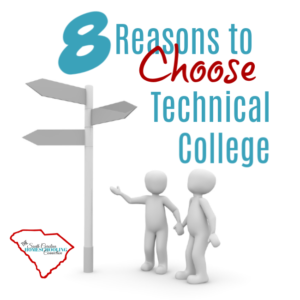
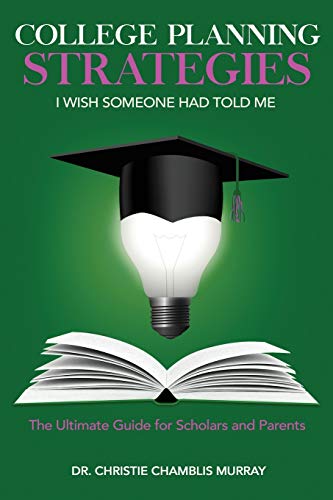

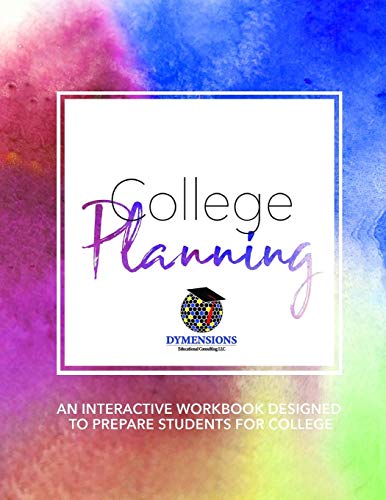


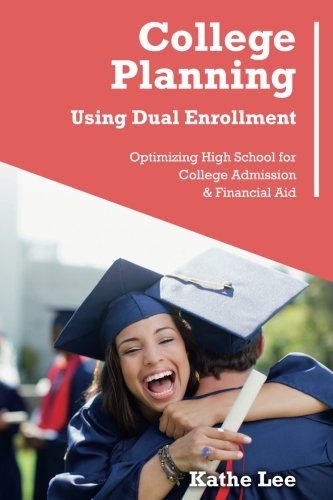



 Getting Started: Curriculum Ideas
Getting Started: Curriculum Ideas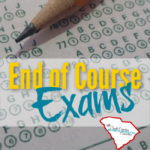 SC End of Course Exams
SC End of Course Exams Homeschool Record-Keeping For High Schoolers in South Carolina
Homeschool Record-Keeping For High Schoolers in South Carolina Homeschool Proms and Dances
Homeschool Proms and Dances




Speak Your Mind